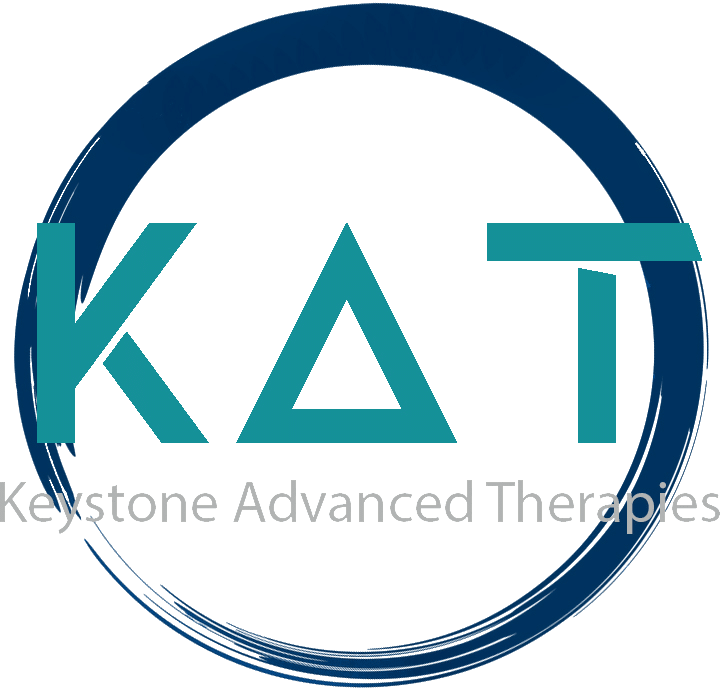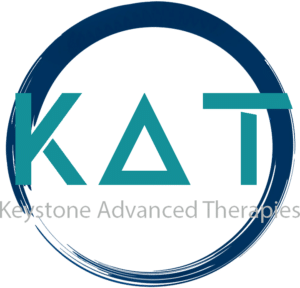Understanding Eating Disorders Help
Seeking help for individuals struggling with eating disorders is crucial. Early access to evidence-based treatment plays a significant role in providing the necessary support and assistance for those affected. Furthermore, understanding the symptoms and causes of eating disorders is essential for early intervention and effective treatment. By recognizing these aspects, individuals can seek the help they need to begin their journey towards recovery and overall well-being.
Recognizing Symptoms
Physical Symptoms
- Changes in body weight, either a significant loss or gain, can often indicate the presence of an eating disorder.
- Noticeable fluctuations in weight and irregular alterations in eating patterns may signal the need for assistance for eating disorders.
Emotional Symptoms
- Fluctuating moods, persistent anxiety, and feelings of depression are common emotional indicators of individuals struggling with eating disorders.
- Persistent preoccupation with food, concerns about body image, and struggles with self-worth can serve as emotional signs that support may be needed for eating disorders.
Causes of Disorders
Psychological Factors
- Low self-esteem and negative body image can significantly contribute to the development of eating disorders. Feelings of inadequacy and dissatisfaction with one’s appearance may lead individuals to engage in disordered eating behaviors as a means of gaining control or coping with emotional distress.
- Additionally, experiences of trauma, abuse, and chronic stress can serve as underlying psychological causes of eating disorders. These adverse experiences can profoundly impact an individual’s relationship with food and body image, often manifesting in harmful patterns of eating and exercise.
Social Influences
- The portrayal of unrealistic body standards in media can fuel feelings of body dissatisfaction and perpetuate the development of eating disorders. Constant exposure to idealized images of beauty can create a distorted perception of one’s own body, leading to unhealthy dieting practices and excessive exercise.
- Moreover, peer pressure and societal expectations play a significant role in the onset of eating disorders. The desire to fit in or meet social norms regarding appearance may drive individuals to adopt harmful eating habits, further exacerbating their struggles with disordered eating.
By understanding these psychological and social factors contributing to eating disorders, it becomes evident that addressing these influences is essential for effective treatment and support.
Causes Usage: 2
Exploring Disorder Types
Anorexia Nervosa
Anorexia nervosa is a serious eating disorder characterized by extreme food restriction and an intense fear of gaining weight. Individuals with anorexia often have a distorted body image, perceiving themselves as overweight even when they are significantly underweight. This distorted perception can lead to dangerous dietary restrictions and behaviors that can severely impact physical health.
Bulimia Nervosa
Bulimia nervosa involves recurrent episodes of binge-eating, followed by compensatory behaviors such as self-induced vomiting, misuse of laxatives, or excessive exercise. Individuals with bulimia may experience feelings of guilt and shame regarding their eating habits, leading to a cycle of secretive bingeing and purging. This pattern can have detrimental effects on both physical and emotional well-being.
Understanding Disorder Types: Recognizing the distinct characteristics of anorexia nervosa and bulimia nervosa is crucial for early intervention and effective treatment. These insights enable individuals to seek the appropriate support and assistance tailored to their specific disorder type.
Eating Disorders Help In West Lawn, PA
Accessing Treatment
- In West Lawn, PA, individuals grappling with eating disorders can readily access evidence-based treatment tailored to their specific needs. Seeking professional help within the local community is pivotal for the effective management and recovery from eating disorders.
- The availability of specialized treatment facilities in West Lawn, PA ensures that individuals receive comprehensive care and support, addressing both the physical and emotional aspects of their disorder.
Community Support
- Community resources in West Lawn, PA play a crucial role in providing support and guidance for individuals navigating the challenges of eating disorders. Access to local support groups and organizations offers valuable assistance, creating a network of understanding and empathy for those seeking help within the community.
- By engaging with community resources, individuals can find a sense of belonging and understanding as they embark on their journey towards healing. The communal support fosters an environment where individuals feel empowered to seek help and work towards recovery.
By integrating evidence-based treatment options with robust community support, West Lawn, PA strives to offer a holistic approach to assisting individuals dealing with eating disorders.
Seeking Treatment Options
Therapeutic Interventions
When seeking help for eating disorders, therapeutic interventions play a pivotal role in the recovery process. Cognitive-behavioral therapy (CBT) is a widely recognized and effective approach in treating individuals with eating disorders. This therapeutic intervention focuses on addressing the negative thoughts and behaviors associated with disordered eating, promoting healthier attitudes towards food and body image. By engaging in CBT, individuals can develop essential coping strategies and practical skills to manage their symptoms, paving the way for long-term recovery.
Nutritional Support
Nutritional counseling and personalized meal planning are fundamental components of comprehensive treatment for eating disorders. These interventions aim to restore a healthy relationship with food while addressing any nutritional deficiencies that may have arisen due to disordered eating patterns. Through balanced and structured meal plans, individuals receive the necessary support to rebuild a positive connection with food, fostering physical well-being alongside emotional healing.
Supportive Care: “Therapeutic interventions and nutritional support work hand-in-hand to provide holistic care for individuals seeking assistance for eating disorders.”
Support for Eating Disorders Help
Family Involvement
Engaging family members in the treatment journey can offer vital support for individuals grappling with eating disorders. Involving loved ones in the recovery process creates a network of understanding and empathy, fostering an environment where individuals feel supported and encouraged. Family therapy provides a platform for open communication, enabling families to learn how to best support their loved one through their challenges. Additionally, education about eating disorders equips family members with the knowledge and tools needed to provide effective assistance and create a nurturing space for recovery.
Educational Resources
Access to educational materials and resources is empowering for both individuals affected by eating disorders and their families. Educational workshops and online resources offer valuable insights into the nature of eating disorders, treatment options, and strategies for supporting recovery. By gaining a deeper understanding of eating disorders, individuals and their families can make informed decisions, access necessary support, and cultivate an environment conducive to healing.
By integrating family involvement and educational resources into the support framework, individuals with eating disorders can benefit from comprehensive assistance tailored to their specific needs.
Conclusion
In conclusion, early recognition and understanding of eating disorders are pivotal in seeking effective help and support. Access to evidence-based treatment and comprehensive community resources is essential for individuals grappling with eating disorders. By integrating therapeutic interventions, nutritional support, family involvement, and educational resources, individuals can receive the multifaceted assistance needed for their recovery journey. For those seeking reliable and compassionate care for eating disorders, consider booking with Keystone Advanced Ketamine Therapy to embark on a path towards holistic healing and well-being.










